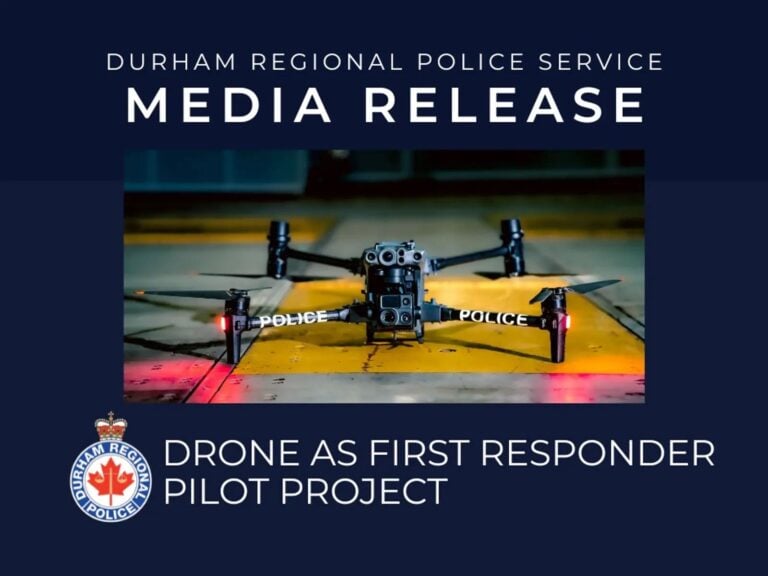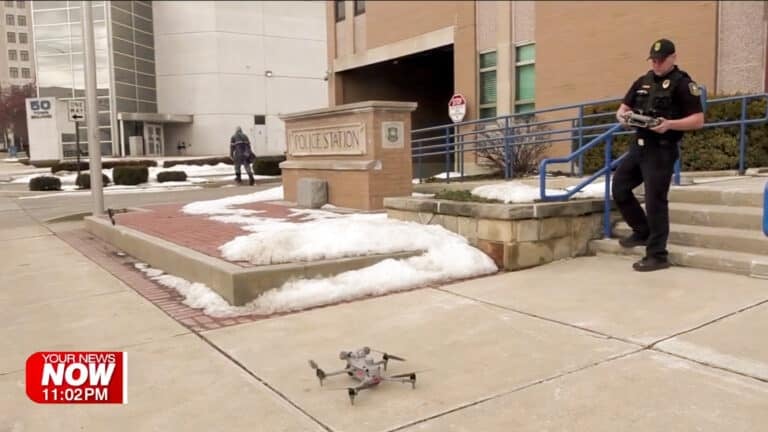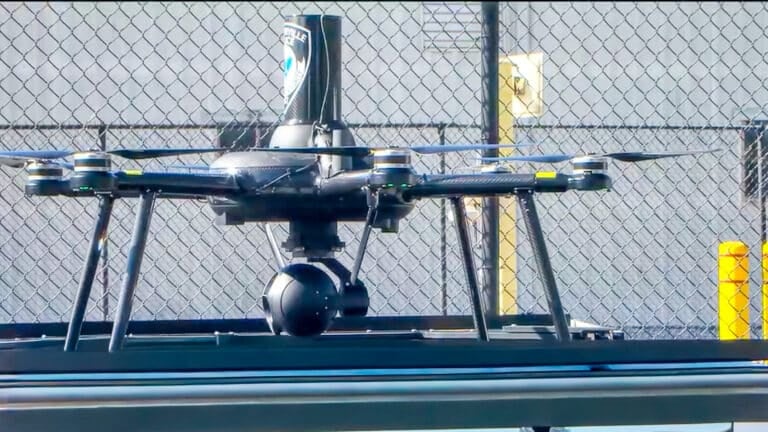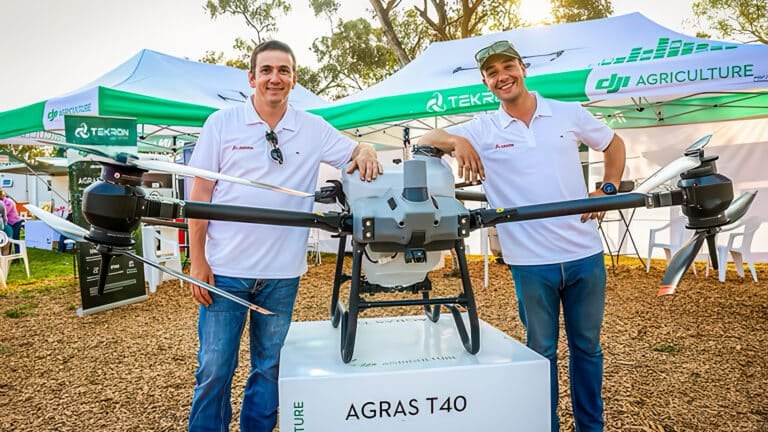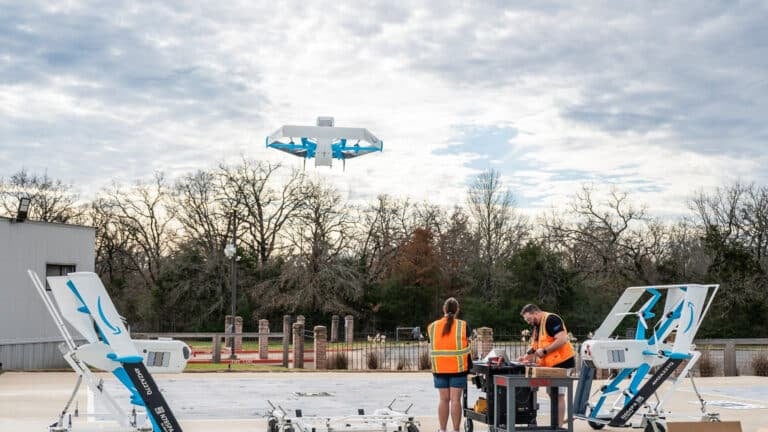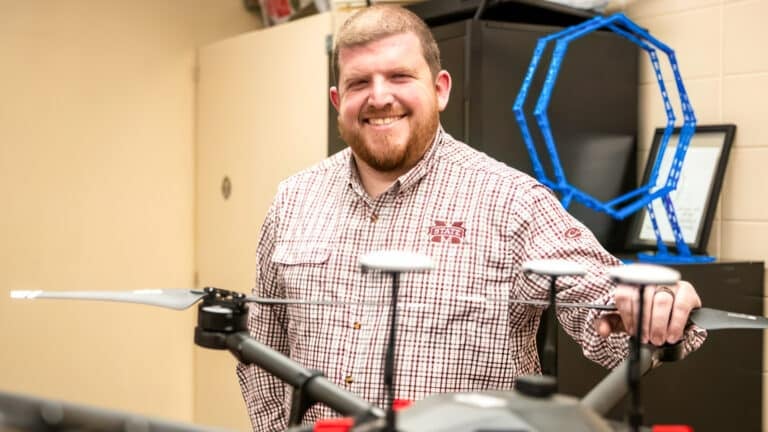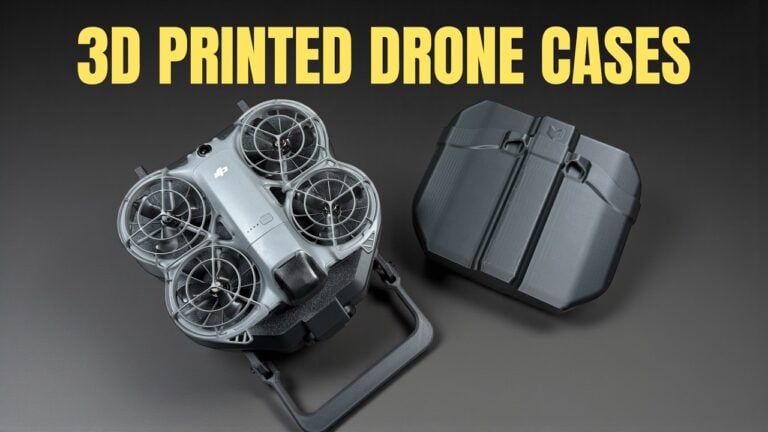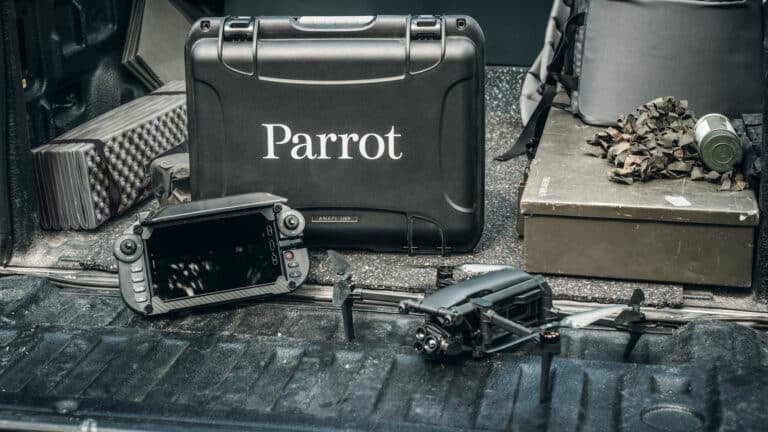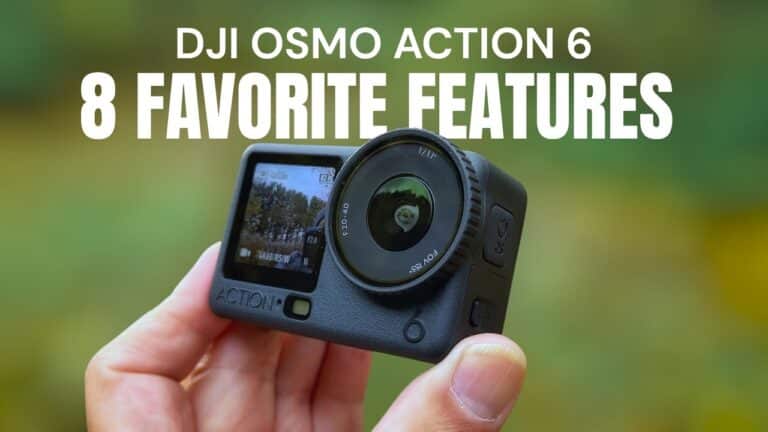DJI Mavic 4 Pro Camera Concerns: Is the 100MP Sensor a Step Back for Filmmakers?

Check out the Best Deals on Amazon for DJI Drones today!
The DJI Mavic 4 Pro’s 100-megapixel camera has sparked excitement, but not all drone professionals are convinced it’s a leap forward. In a recent YouTube video, Alex Assenmacher of WetalkUAV raises critical concerns about the new sensor’s performance, suggesting the Mavic 3 Pro may still be the better choice for filmmakers despite the hype surrounding its successor.
DJI Mavic 4 Pro Camera Sensor Trade-Offs
The Mavic 4 Pro boasts a 100MP camera, a significant jump from the Mavic 3 Pro’s 20MP sensor. However, both drones use the same 4/3-inch sensor size. Assenmacher explains, “More megapixels on the same sensor size mean smaller pixels. And smaller pixels, well, they capture less light.” This results in higher resolution but introduces more noise, particularly in low-light conditions, which could frustrate filmmakers prioritizing clean footage. While the Mavic 4 Pro’s 6K 60fps video capability sounds impressive, Assenmacher questions its value: “What’s better, a 20 megapixel that almost natively films in 5K from the Mavic 3 Pro or a down sampled 100 megapixel sensor that films in 6K?” The downsampling may enhance sharpness and dynamic range, but it’s unclear if it justifies the trade-offs for professional use.
Lens Quality Questions
Higher resolution demands superior lenses to capture fine details. Assenmacher highlights the lack of official information on lens improvements, stating, “Lens resolving power must increase to match the smaller pixel size on higher resis sensors.” Without enhanced glass elements, optical designs, or tighter manufacturing tolerances, the Mavic 4 Pro’s images could appear soft, undermining the sensor’s potential. He notes that better lens coatings, edge-to-edge sharpness, light transmission, and mechanical precision are essential, but DJI has not confirmed upgrades in these areas. This uncertainty leaves professionals questioning whether the drone can deliver on its promise of superior image quality.
Price vs. Value
The Mavic 4 Pro’s price, only about $200 more than the Mavic 3 Pro, raises eyebrows. Assenmacher remarks, “The price difference is less than 200 bucks. I mean, really, and you put it out of stock.” With the Mavic 3 Pro offering reliable dynamic range and low-light performance, the marginal cost of the newer model may not align with its incremental upgrades. The unavailability of the Mavic 4 Pro on DJI’s U.S. store at the time of Assenmacher’s video further complicates purchasing decisions for eager buyers.
Industry Implications
The Mavic 4 Pro’s release underscores a broader trend in the drone industry: balancing marketing-driven features with practical innovation. Assenmacher critiques DJI’s reliance on “marketing KSPs” (key selling points), suggesting that professionals need substantive hardware improvements, like larger sensors or advanced lenses, rather than pixel-packed upgrades. Regulatory considerations, such as weight restrictions (the Mavic 4 Pro weighs approximately 2.3 pounds or 1045 grams), may also limit its appeal in regions with strict drone laws. For recreational pilots and professionals, the choice between the Mavic 4 Pro and the still-robust Mavic 3 Pro hinges on whether the new sensor’s benefits outweigh its drawbacks.
In a competitive market, DJI’s challenge is to deliver drones that meet the practical needs of filmmakers and photographers. While the Mavic 4 Pro pushes boundaries with its 100MP sensor, Assenmacher’s analysis suggests it may not fully satisfy those prioritizing image quality over resolution. As the industry evolves, drone enthusiasts will watch closely to see if DJI addresses these concerns in future updates.
Discover more from DroneXL.co
Subscribe to get the latest posts sent to your email.
Check out our Classic Line of T-Shirts, Polos, Hoodies and more in our new store today!

MAKE YOUR VOICE HEARD
Proposed legislation threatens your ability to use drones for fun, work, and safety. The Drone Advocacy Alliance is fighting to ensure your voice is heard in these critical policy discussions.Join us and tell your elected officials to protect your right to fly.
Get your Part 107 Certificate
Pass the Part 107 test and take to the skies with the Pilot Institute. We have helped thousands of people become airplane and commercial drone pilots. Our courses are designed by industry experts to help you pass FAA tests and achieve your dreams.

Copyright © DroneXL.co 2026. All rights reserved. The content, images, and intellectual property on this website are protected by copyright law. Reproduction or distribution of any material without prior written permission from DroneXL.co is strictly prohibited. For permissions and inquiries, please contact us first. DroneXL.co is a proud partner of the Drone Advocacy Alliance. Be sure to check out DroneXL's sister site, EVXL.co, for all the latest news on electric vehicles.
FTC: DroneXL.co is an Amazon Associate and uses affiliate links that can generate income from qualifying purchases. We do not sell, share, rent out, or spam your email.





